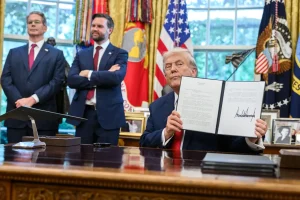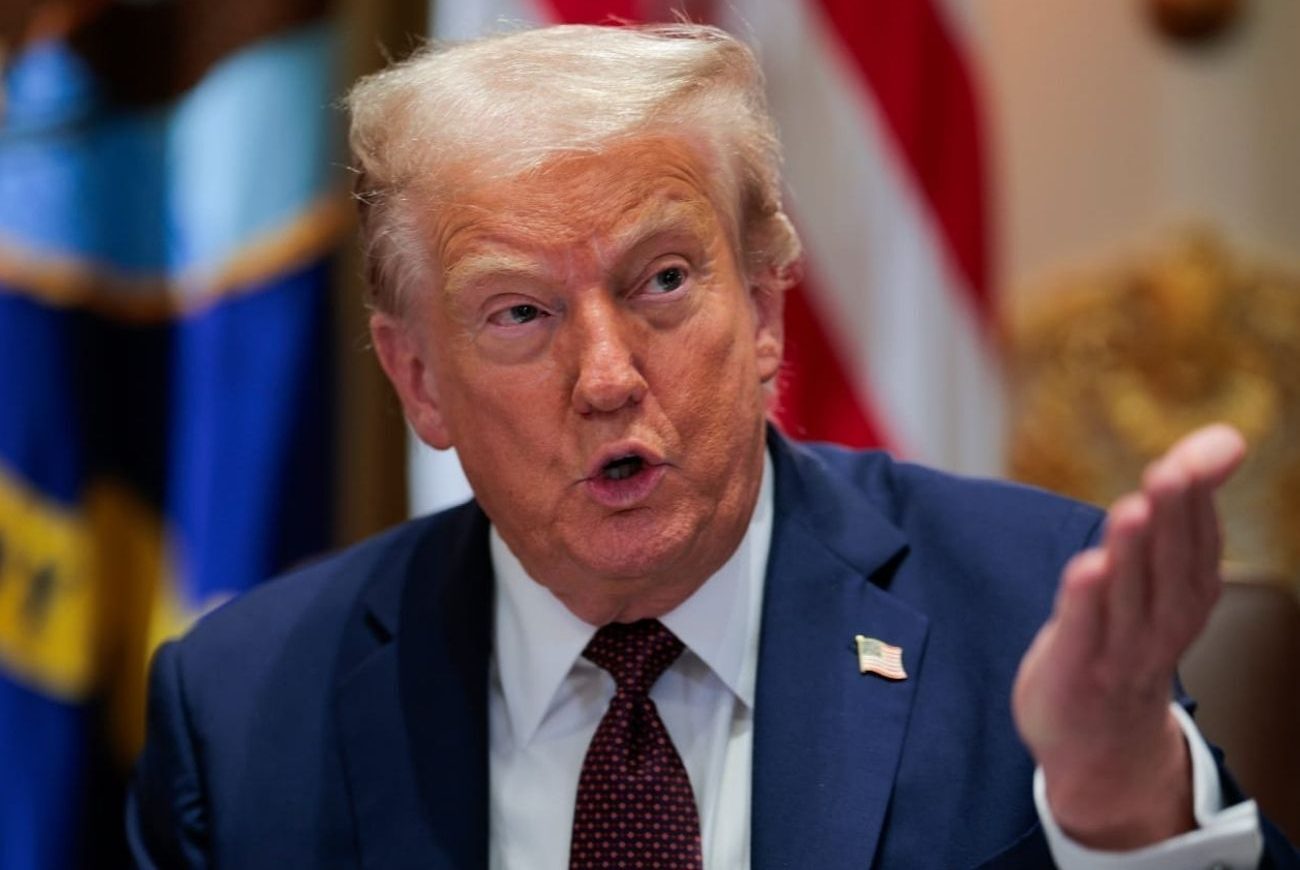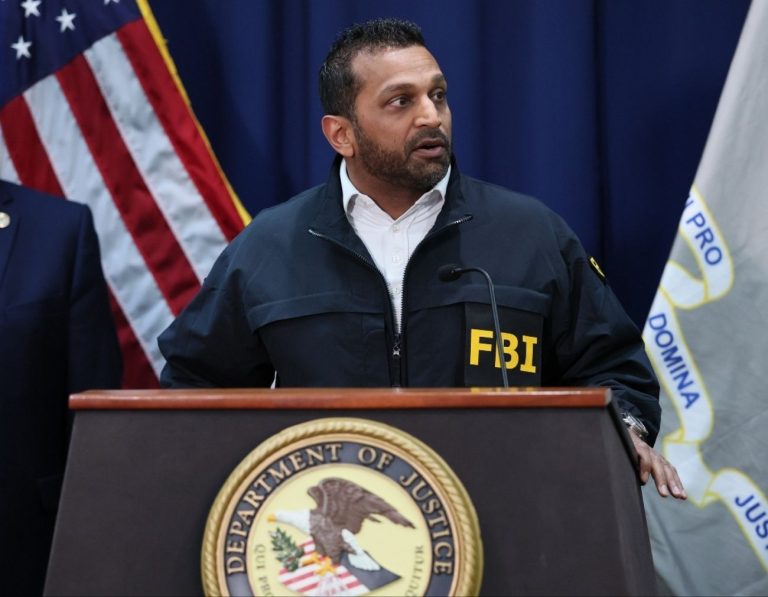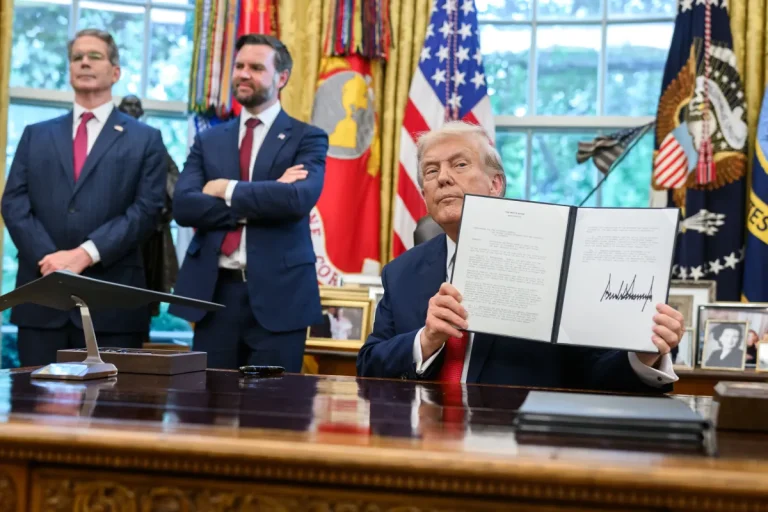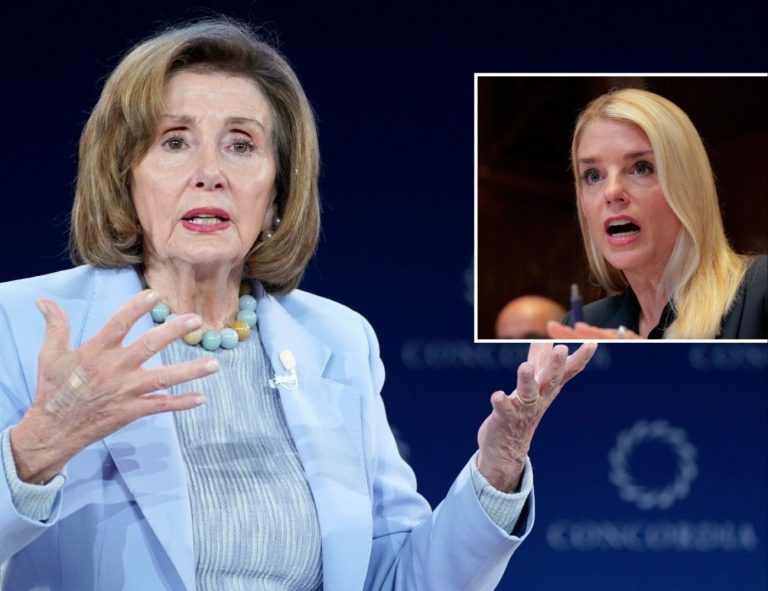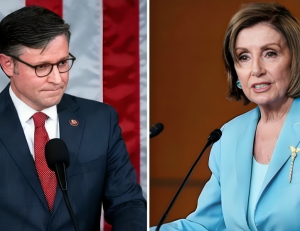Trump’s Top Diplomat in Africa Leaving State Department
Ambassador Troy Fitrell, President Donald Trump’s senior diplomat overseeing African affairs, will retire from the State Department next month after more than three decades in U.S. foreign service.
Fitrell currently leads the Bureau of African Affairs and will be succeeded by Jonathan Pratt, the bureau’s Principal Deputy Assistant Secretary, according to a department spokesperson.
“After a long and distinguished career, the Department of State’s Bureau of African Affairs Senior Bureau Official Ambassador Troy Fitrell is retiring as planned,” the spokesperson said.
“The Bureau of African Affairs Principal Deputy Assistant Secretary Jonathan Pratt will step into the Senior Bureau Official role after Ambassador Fitrell’s departure.”
A Distinguished Diplomatic Career
Fitrell, a career foreign service officer, has served in several senior diplomatic roles across Africa. He was the U.S. Ambassador to Guinea and previously directed both the Office of Western African Affairs and the Office of Southern African Affairs at the State Department.
He also served as Deputy Chief of Mission at U.S. embassies in Ethiopia and Mauritius, and held postings across the continent during a career spanning over 30 years.
Since 2023, Fitrell has overseen the African Affairs Bureau in an acting capacity while the assistant secretary position remained vacant pending Senate confirmation.
In recent remarks, Fitrell emphasized that the Trump administration’s policy toward Africa had undergone a “significant recalibration.”
“We are moving from an approach rooted primarily in development assistance to one that prioritizes robust commercial engagement,” he said, describing a shift toward private-sector partnerships and strategic investment.
Jonathan Pratt to Take the Helm
Incoming Bureau Chief Jonathan Pratt previously served as U.S. Ambassador to Djibouti from 2021 to 2023 and has held State Department assignments in Pakistan, Sudan, and Angola.
Pratt’s appointment signals continuity but also an emphasis on expanding trade, energy, and counterterrorism cooperation across sub-Saharan Africa.
He will assume leadership as the Trump administration seeks to counter growing Chinese and Russian influence on the continent while increasing U.S. commercial presence in critical resource markets.
Broader Realignments in National Security Leadership
Fitrell’s retirement follows a series of notable transitions within the administration’s national-security ranks.
Last week, Admiral Alvin Holsey, commander of the U.S. Southern Command, announced his resignation amid an ongoing Pentagon buildup in the Caribbean Sea targeting suspected narcotics and terrorist operations.
Holsey’s departure comes less than a year into his typical three-year term, raising speculation of internal disagreements over operational scope and policy direction.
According to multiple officials who spoke anonymously, Holsey had voiced concern about the scale of the mission and rules of engagement for strikes on vessels accused of smuggling drugs and weapons.
Defense Secretary Pete Hegseth, in a statement that made no mention of any friction, thanked Holsey for his service:
“On behalf of the Department of War, we extend our deepest gratitude to Admiral Alvin Holsey for his more than 37 years of distinguished service to our nation as he plans to retire at year’s end.”
Pentagon insiders told reporters that the admiral’s retirement followed policy disagreements over Venezuela, where the administration has intensified counter-narcotics and intelligence operations.
Covert Operations and Regional Tensions
The announcement came just days after a New York Times report revealed that the Trump administration had authorized the CIA to conduct covert operations in Venezuela.
President Trump confirmed the authorization, saying that the U.S. was “considering all options,” including limited strikes on Venezuelan soil, as part of a broader effort to dismantle transnational drug networks and hostile militias.
“We are targeting the criminal organizations that threaten our national security,” Trump said earlier this month. “The era of looking the other way is over.”
The U.S. military has since expanded its regional presence, with roughly 10,000 troops deployed across the Caribbean and 2,200 Marines aboard amphibious assault ships.
The U.S. Navy currently maintains eight warships and a submarine in the area as part of what officials describe as the largest counter-drug and counter-terrorism surge in decades.
Fitrell’s Legacy and the Administration’s Africa Agenda
Under Fitrell’s leadership, the State Department has emphasized commercial partnerships and private investment in African infrastructure, energy, and technology sectors.
The bureau’s recent initiatives include:
-
Expanding U.S.-Africa trade missions under the Prosper Africa framework.
-
Negotiating bilateral investment agreements with emerging markets in Kenya, Nigeria, and Ghana.
-
Strengthening counter-terrorism coordination with regional forces combating ISIS- and al-Qaeda-affiliated groups in the Sahel.
Fitrell has repeatedly underscored that sustainable U.S. influence on the continent requires economic engagement that “creates jobs on both sides of the Atlantic” while maintaining robust security cooperation.
“Africa represents opportunity, not charity,” he said during a recent policy forum. “When American businesses invest, both our economies win.”
Transition at a Critical Moment
Jonathan Pratt inherits an African Affairs Bureau at a time of shifting geopolitical dynamics and growing instability in parts of West and Central Africa, including coups in Niger and Burkina Faso, and renewed Russian private-military activity.
Analysts say his tenure will test whether Washington can sustain influence while emphasizing trade and democratic governance.
“Pratt has deep field experience,” noted former Assistant Secretary of State J. Peter Pham. “The challenge will be maintaining U.S. engagement while balancing security priorities and the administration’s America-First economic approach.”
Conclusion
Ambassador Fitrell’s retirement closes a long chapter of U.S. diplomacy on the African continent. His successor, Jonathan Pratt, will guide the bureau as the Trump administration continues to pivot U.S. policy toward economic partnerships and strategic deterrence against rivals like China and Russia.
With simultaneous transitions in the State Department and the Pentagon, Washington’s Africa and Latin America strategies appear to be entering a new, more assertive phase.

Emily Johnson is a critically acclaimed essayist and novelist known for her thought-provoking works centered on feminism, women’s rights, and modern relationships. Born and raised in Portland, Oregon, Emily grew up with a deep love of books, often spending her afternoons at her local library. She went on to study literature and gender studies at UCLA, where she became deeply involved in activism and began publishing essays in campus journals. Her debut essay collection, Voices Unbound, struck a chord with readers nationwide for its fearless exploration of gender dynamics, identity, and the challenges faced by women in contemporary society. Emily later transitioned into fiction, writing novels that balance compelling storytelling with social commentary. Her protagonists are often strong, multidimensional women navigating love, ambition, and the struggles of everyday life, making her a favorite among readers who crave authentic, relatable narratives. Critics praise her ability to merge personal intimacy with universal themes. Off the page, Emily is an advocate for women in publishing, leading workshops that encourage young female writers to embrace their voices. She lives in Seattle with her partner and two rescue cats, where she continues to write, teach, and inspire a new generation of storytellers.

